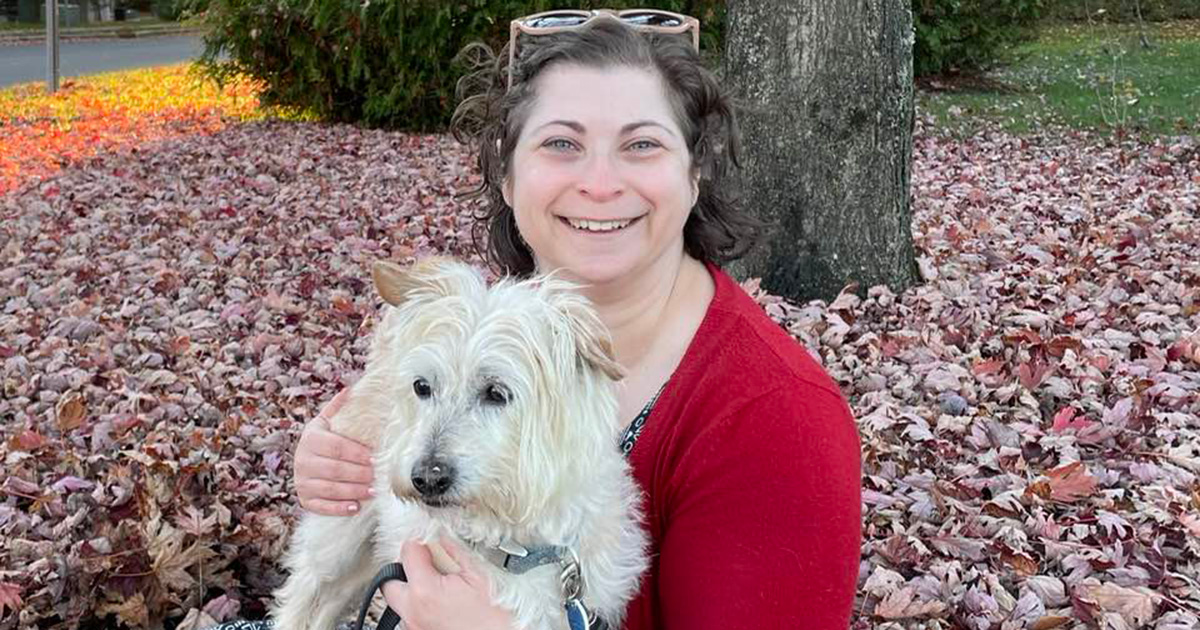Evaluating Two-Generation Approaches: Integrating Partnerships and Embedding Equity

To address widespread poverty in the United States, researchers and practitioners have developed two-generation programs. Focusing on both parents and children, these programs are designed to improve adults’ earning capacity and enhance life’s opportunities for children who live in poverty.
What are the common lessons researchers have learned from evaluating two-generation programs across the country, and what lessons have practitioners gained from implementing these programs?
The Annie E. Casey Foundation, the Urban Institute, and Mathematica held a webinar on January 13 to explore these questions. We shared the insights developed in two recent evaluations of integrated approaches for parents and children, including Mathematica’s study of the Agape Child & Family Services’ 2Gen program, which is dedicated to serving individual adults and families living in poverty in the Memphis, Tennessee, area, and to improving local communities there.
During the program, evaluators, direct service providers, and foundation staff discussed lessons learned from the evaluations, as well as the importance of integrating data, partnerships, and race equity in two-generation approaches.
Panelists included:
- Kantahyanee Murray, senior associate, the Annie E. Casey Foundation (co-moderator)
- Allison Holmes, senior associate, the Annie E. Casey Foundation (co-moderator)
- Kimberlin Butler, director of foundation engagement, Mathematica
- Tosin Shenbanjo, human services research analyst, Mathematica
- Paulita Edmondson, family connector supervisor, Agape Child & Family Services
- Susan J. Popkin, Metropolitan Housing and Communities Policy Center, the Urban Institute
- Marla McDaniel, senior fellow, Center on Labor, Human Services, and Population, the Urban Institute
- Tanja Jones, Next Doors community support coordinator, Community Properties of Ohio

